Filmmaker Nila Madhab Panda, known for acclaimed films like Kalira Atita and Kadvi Hawa, believes it's his "responsibility" to create awareness about climate change by telling stories about the relationship between nature and humans.
The 49-year-old director, who made his streaming debut with climate fiction series The Jengaburu Curse, said he consciously explores stories that highlight the consequences of environmental crises, which he has witnessed both in India and throughout the world.
"I think more than a fascination with (this kind of) storytelling, it is also a responsibility and I would consider myself to be a responsible person and creator. I grew up in a certain environment in a humble village (in Orissa) and became a globetrotter, I saw the world is changing too fast.
“I believe it is high time we need to tell these stories (of environment and climate change) to people," Panda told PTI in an interview.
The I Am Kalam filmmaker is baffled why issues related to the environment and climate change are not depicted frequently in cinema. “It's very simple when the underworld was affecting Bombay, there were blasts, the drug mafia was there, and makers were making films on that. When it was 75 years of India’s independence, there were films being made on that.
"I'm surprised people ask me, ‘Why are you doing this?’ I'm surprised people haven't done it because the environment is affecting you every day. If it is affecting us so much, then why can’t we tell these stories?"
In The Jengaburu Curse, currently streaming on SonyLIV, the director looks at the impact of mining on humans and nature. The show, written by Mayank Tewari, is billed as India’s first climate fiction thriller series.






 Pedro Pascal addresses fan backlash over playing Reed Richards at 50Getty Images
Pedro Pascal addresses fan backlash over playing Reed Richards at 50Getty Images 









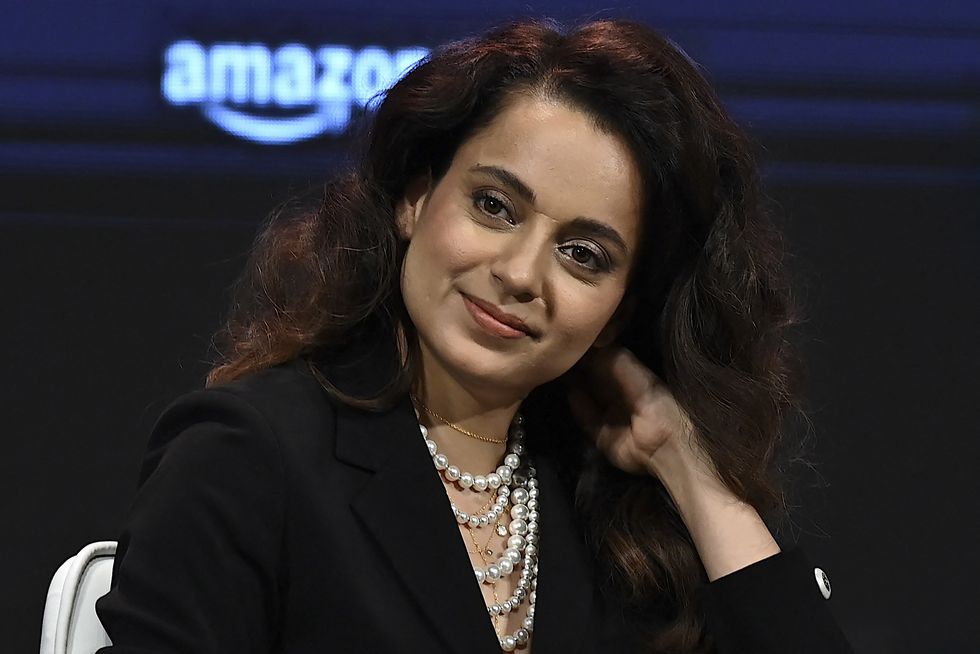 Kangana Ranaut speaks on equality and her role as a ParliamentarianGetty Images
Kangana Ranaut speaks on equality and her role as a ParliamentarianGetty Images 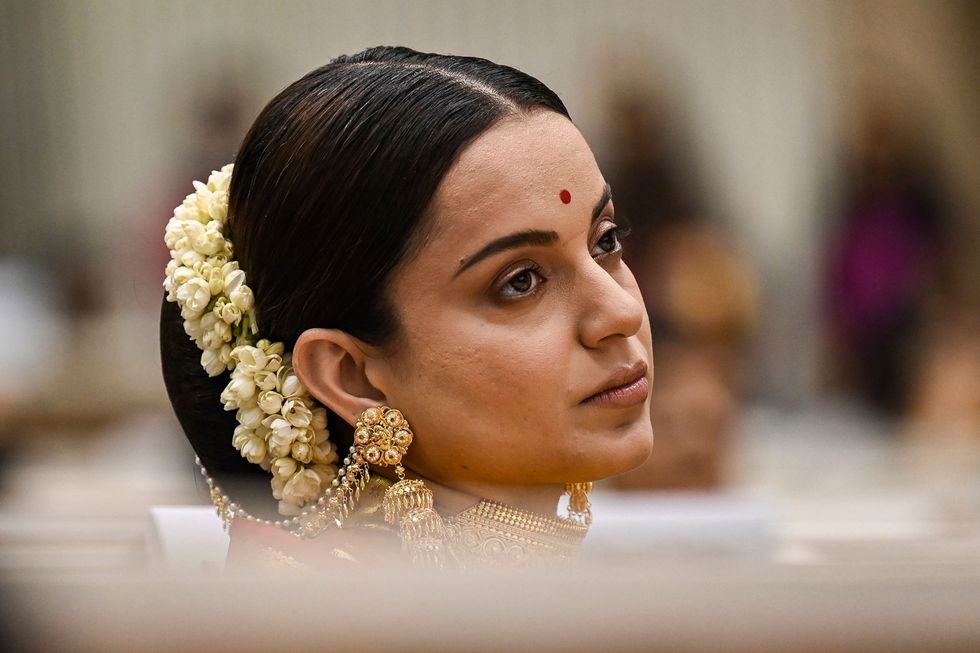 Kangana Ranaut calls equality a flawed idea, claims it’s ruining work ethic in today’s youthGetty Images
Kangana Ranaut calls equality a flawed idea, claims it’s ruining work ethic in today’s youthGetty Images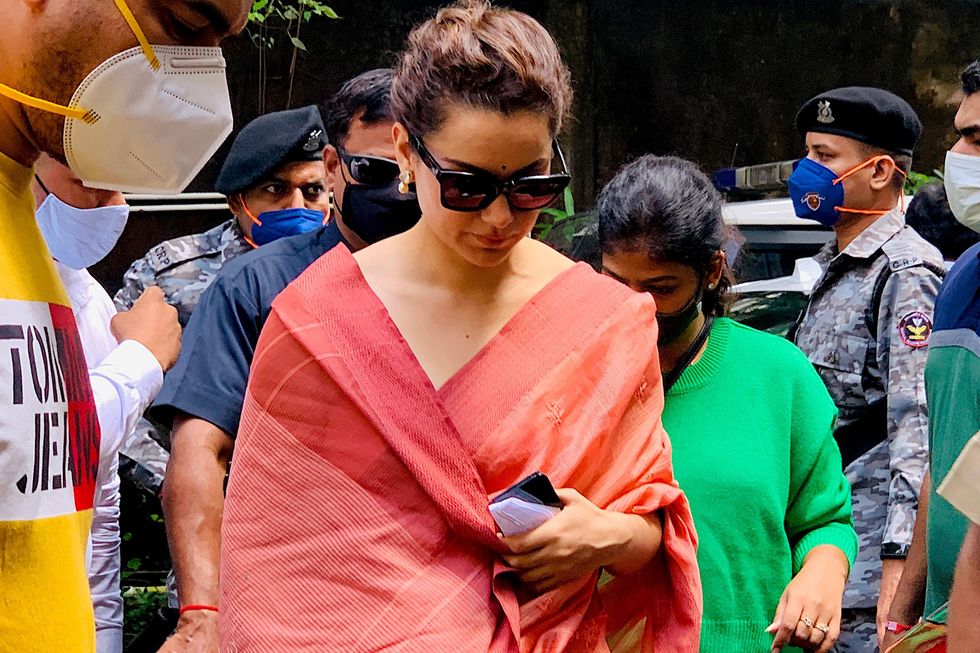 Kangana Ranaut says belief in equality has created a ‘generation of morons’ in viral Times Now interviewGetty Images
Kangana Ranaut says belief in equality has created a ‘generation of morons’ in viral Times Now interviewGetty Images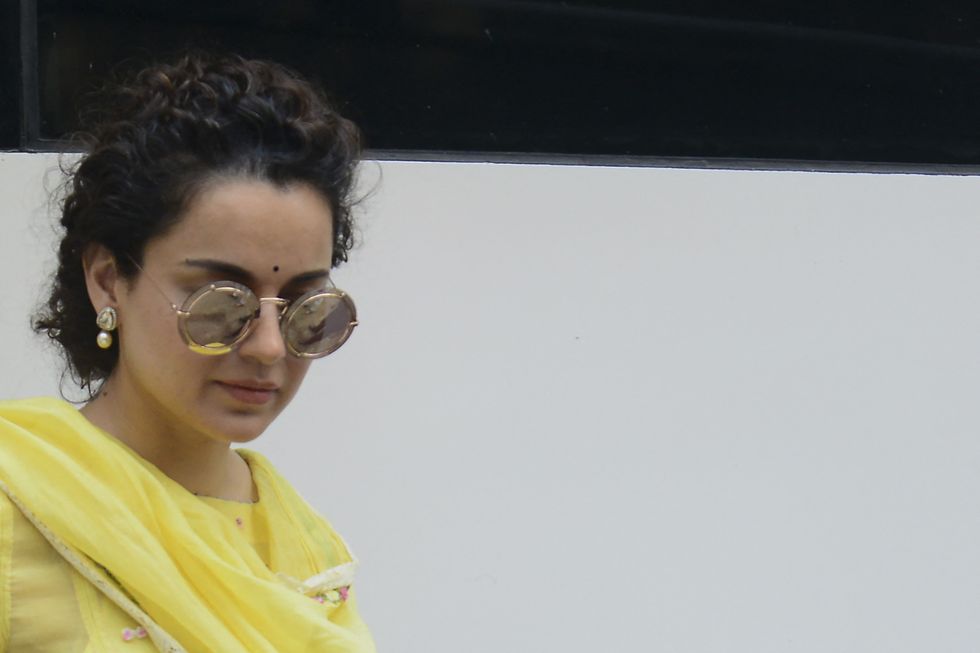 Kangana Ranaut blames equality for entitlement culture, says no two people are equalGetty Images
Kangana Ranaut blames equality for entitlement culture, says no two people are equalGetty Images
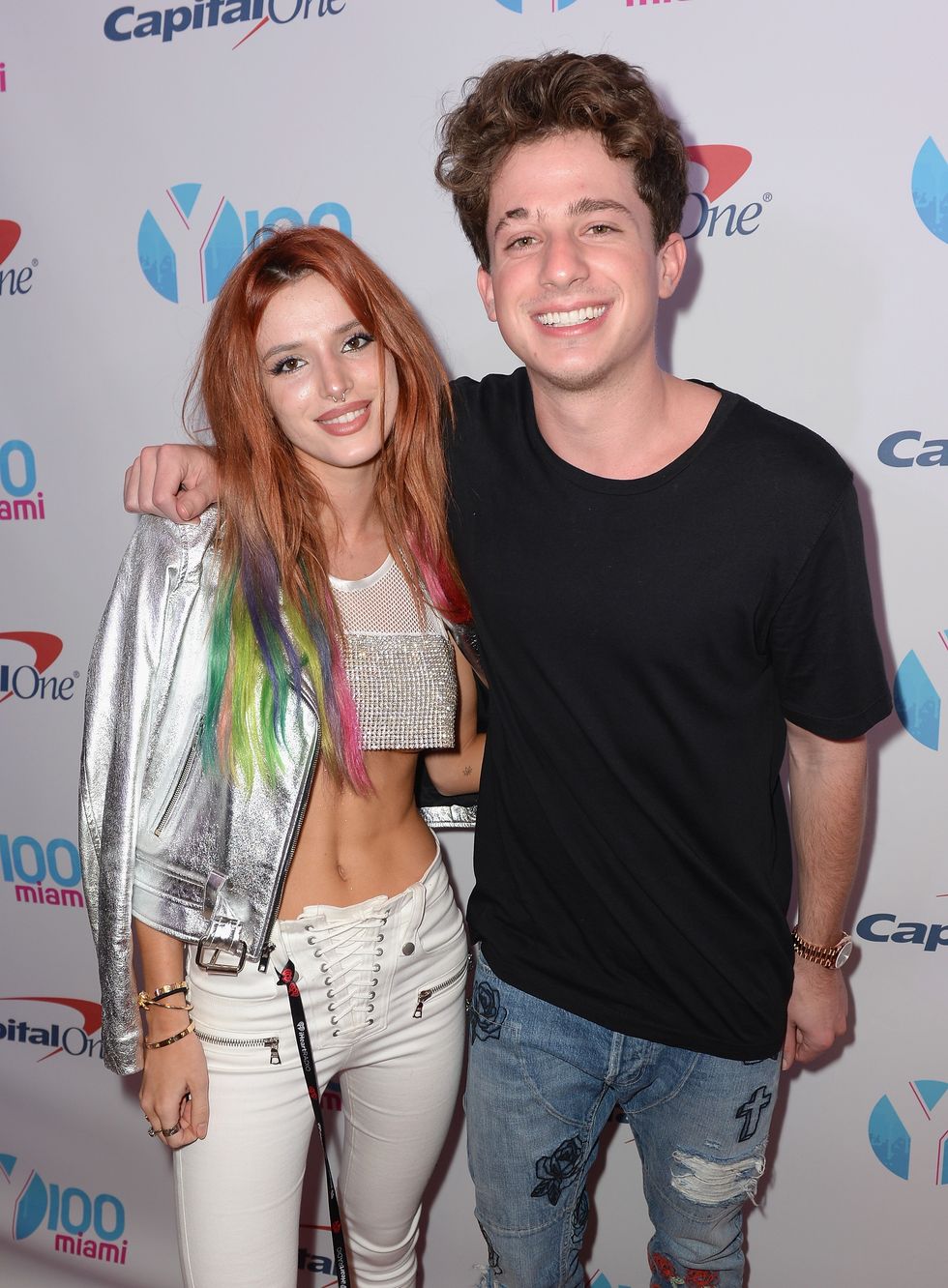 Actress Bella Thorne and Charlie Puth attend the Y100's Jingle Ball 2016Getty Images
Actress Bella Thorne and Charlie Puth attend the Y100's Jingle Ball 2016Getty Images 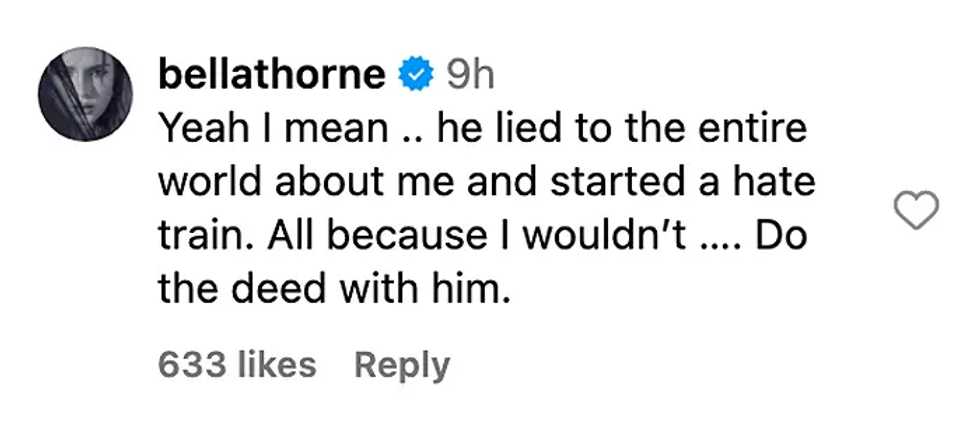 Bella Thorne's commentInstagram Screengrab
Bella Thorne's commentInstagram Screengrab 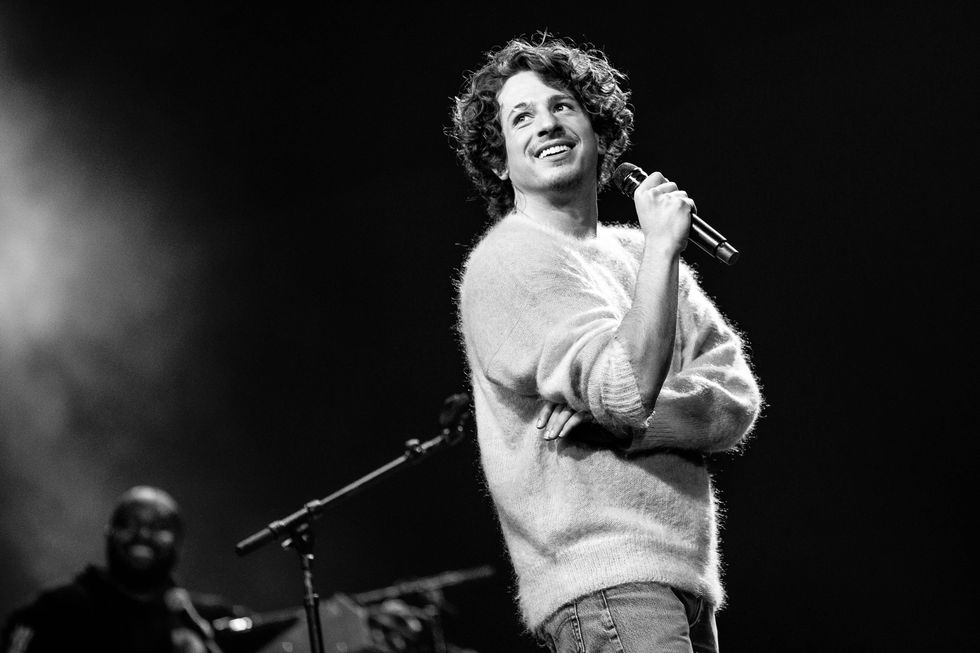 Charlie Puth performs onstage at an interactive global eConcert liveGetty Images
Charlie Puth performs onstage at an interactive global eConcert liveGetty Images 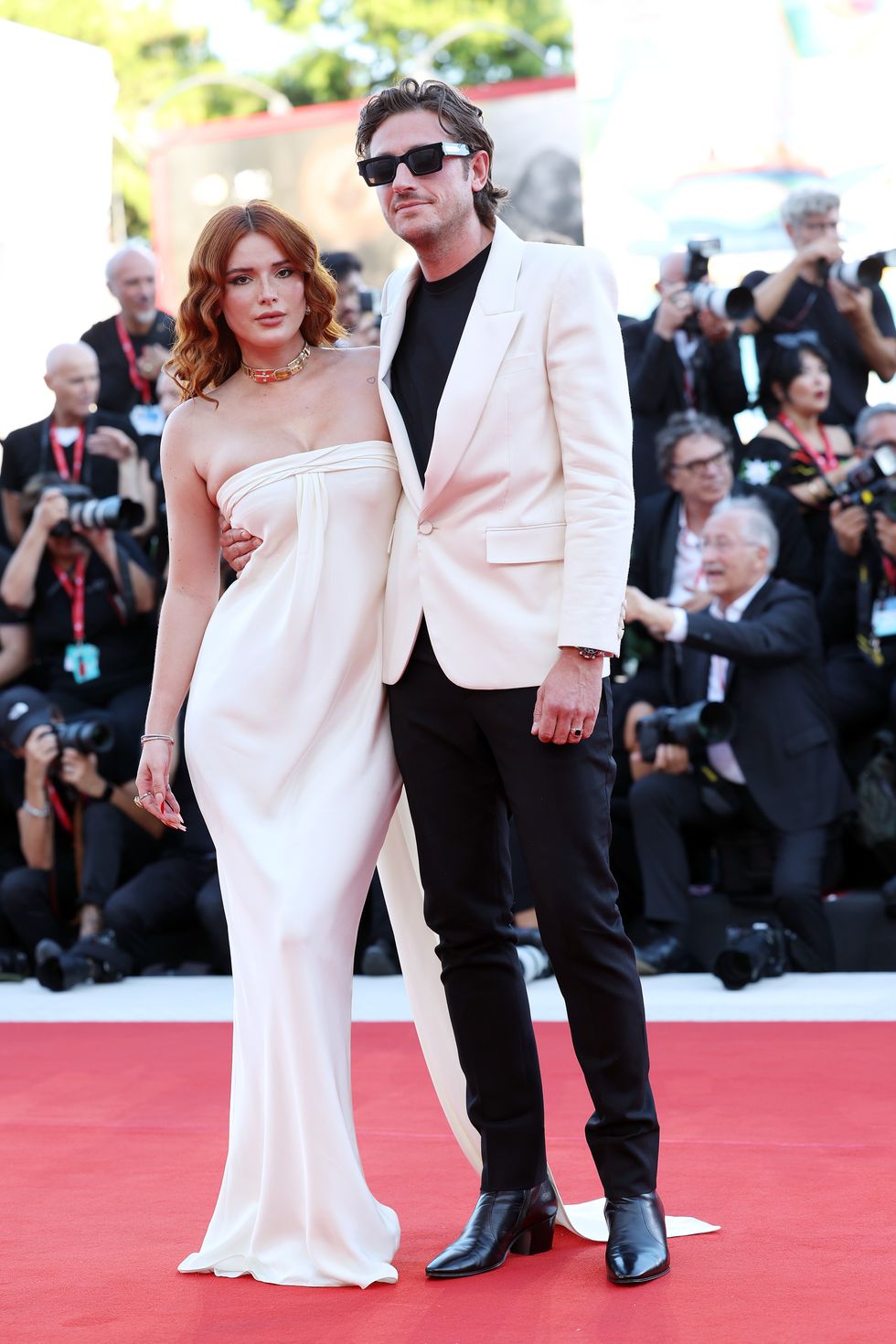 Bella Thorne and Mark Emms attend a red carpet for the movie "Priscilla"Getty Images
Bella Thorne and Mark Emms attend a red carpet for the movie "Priscilla"Getty Images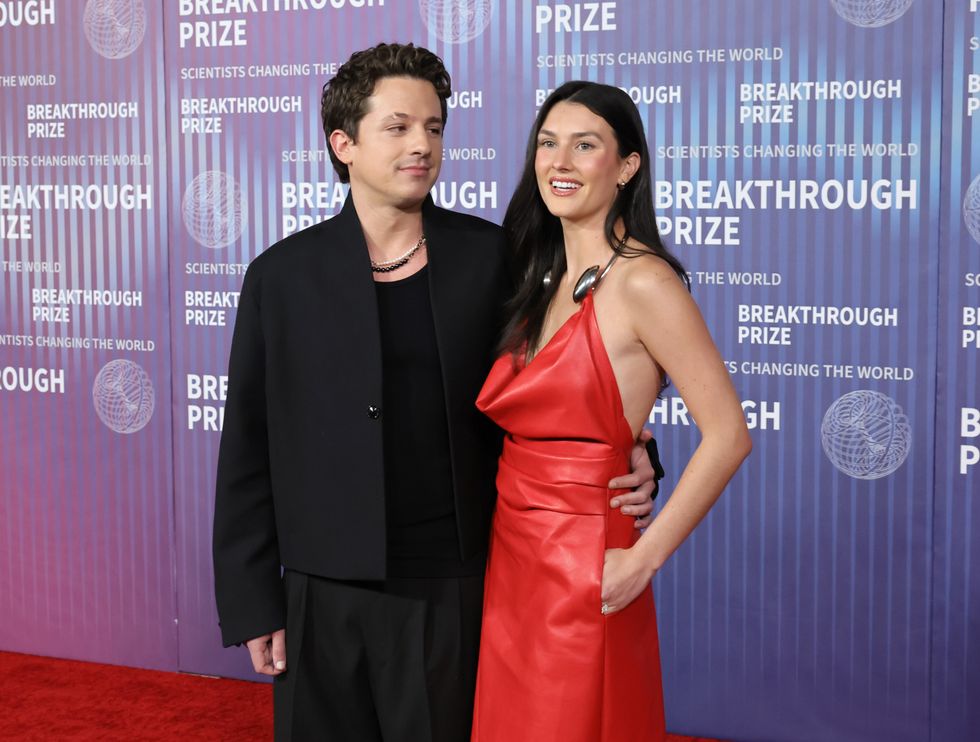 Charlie Puth and Brooke Sansone attend the 10th Breakthrough Prize CeremonyGetty Images
Charlie Puth and Brooke Sansone attend the 10th Breakthrough Prize CeremonyGetty Images
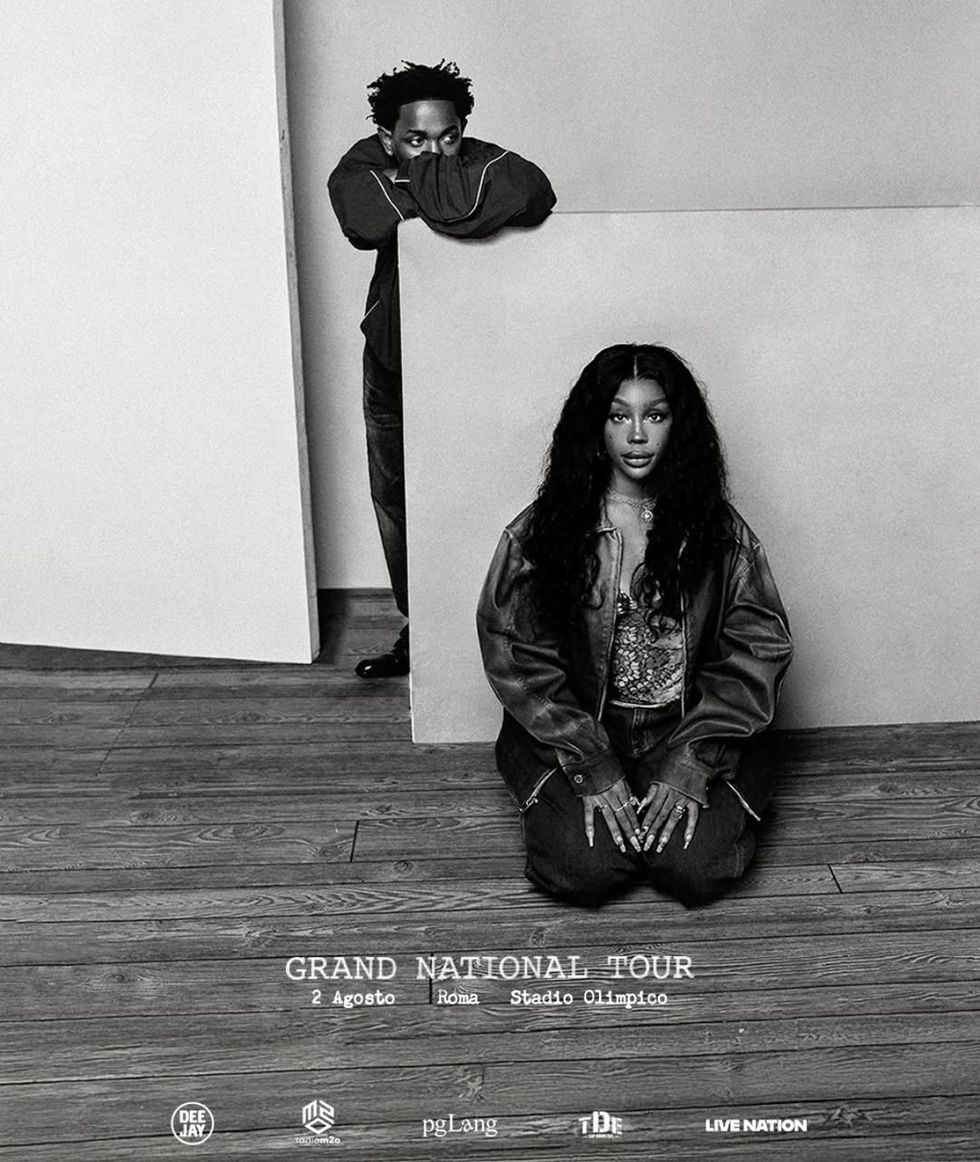 Kendrick Lamar and SZA commands the stage at Villa Park during his explosive opening setInstagram/
Kendrick Lamar and SZA commands the stage at Villa Park during his explosive opening setInstagram/
 Kap’s Cafe in Surrey was struck by gunfire late at night with staff still insideInstagram/
Kap’s Cafe in Surrey was struck by gunfire late at night with staff still insideInstagram/ Kaps Cafe Instagram Story Instagram Screengrab/
Kaps Cafe Instagram Story Instagram Screengrab/ Kaps Cafe Instagram Story Instagram Screengrab/
Kaps Cafe Instagram Story Instagram Screengrab/